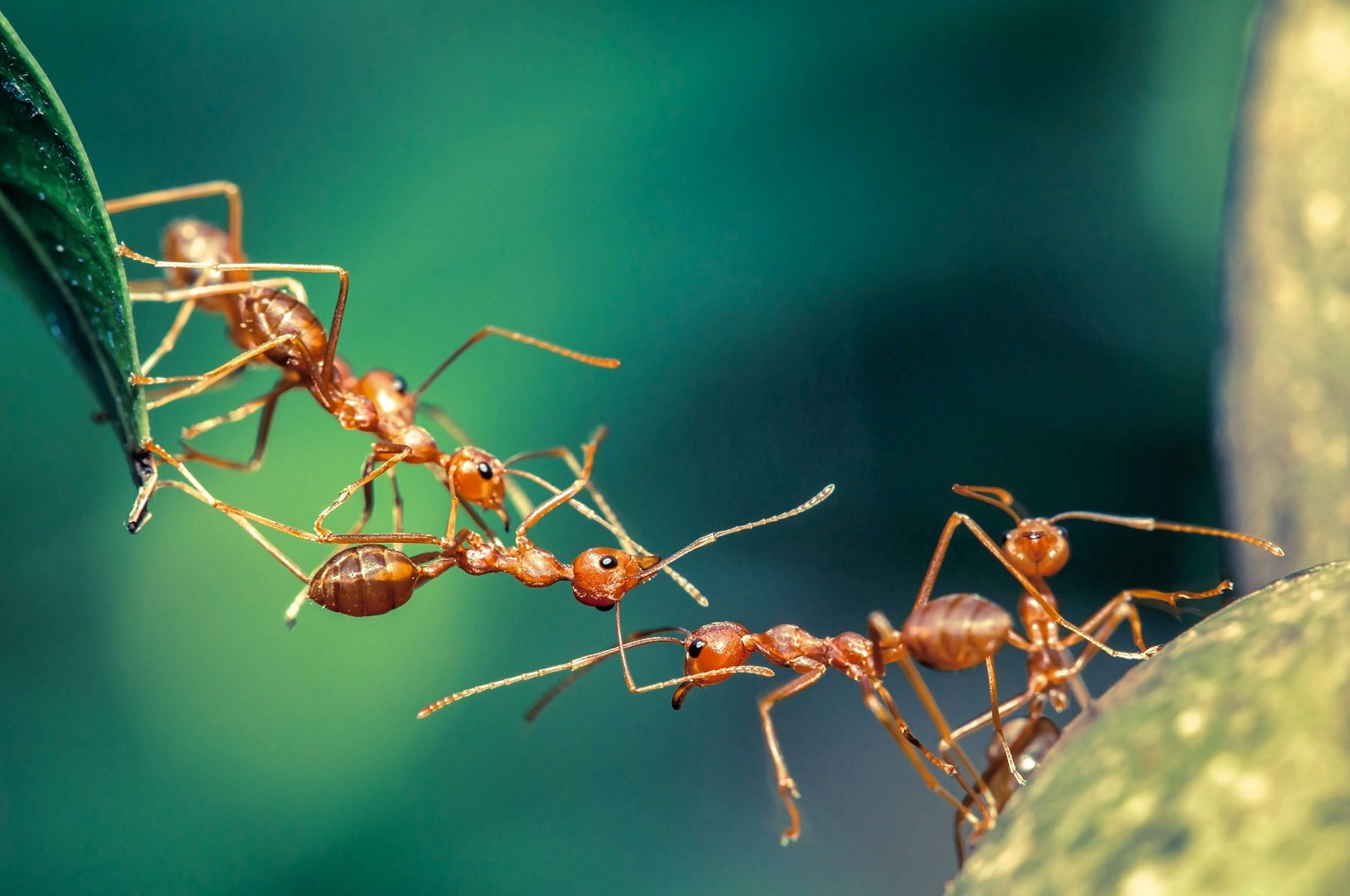The human brain, our most complicated organ, has gone through several growth spurts throughout the eons. But about 3000 years ago, something remarkable happened. Instead of the typical continued growth we have been experiencing for ages, it suddenly decreased in size.
Scientists have attempted to explain this mysterious phenomenon for a long time, but it has proven to be challenging to study brain evolution using only fossils. However, an international team of researchers from varying academic sectors may have finally succeeded with some help from an unexpected source, namely ants.
New: follow us on Bluesky!
Image Credit: Thammanoon Khamchalee via Shutterstock / HDR tune by Universal-Sci
Brain evolution
Knowing the origins and effects of brain evolution aids our understanding of humanity's nature. Human brains have grown in size throughout the course of our evolutionary history, which has been thoroughly documented. That human brains have decreased in size following the Pleistocene is a less familiar fact though. Until now, it has been unclear when precisely these modifications occurred or why they occurred.
In their study, the researchers used ants as models to propose that the shrinking of our brains corresponds to the rise of collective intelligence in human civilizations. They studied the historical patterns of human brain evolution, contrasting their findings with what is known in ant societies to offer a more comprehensive understanding.
Similarities between ants and humans?
You might think, why ants? Their society doesn't particularly look like ours. Dr. James Traniello, study co-author, would agree with you but pointed out that there are also many similarities in aspects of social life, such as the allocation of tasks, decision making in groups, and the production of food (agriculture).
According to Traniello, these parallels can broadly educate us about the various factors that may affect alterations in the brain size of humans.
You wouldn't immediately think so, but there are indeed similarities between ants and humans - Image Credit: Lirtlon S via Shutterstock / HDR tune by Universal-Sci
Brain energy consumption
In their study, the researchers looked at the brain size, structure, and energy expenditure of several types of worker ants, including the common garden ant, the weaver ant, and the so-called leafcutter ant.
This led to an interesting revelation. Ant brains appear to have evolved for adaptive brain size variation, suggesting that brains can evolve to become more effective inside a social group where knowledge is shared, or individuals are specialized in specific jobs. In this scenario, brains may adapt to suit efficiency; one such adaption would be a size reduction.
Going back to humans, this leads to an interesting explanation for the mysterious shrinkage of our own brains. Brains consume a lot of energy, and smaller brains consume less energy which can be beneficial at times as less food needs to be consumed to keep it up and running. (It is very costly to maintain a large brain. In fact, we may owe our relatively large brains to the ample availability of glucose derived from starch, to begin with.)
Knowledge in human societies has been partially externalized, meaning that less energy is needed to store information on an individual level. This development may have supported a reduction in brain size.
Image Credit: Andrus Ciprian via Shutterstock / HDR tune by Universal-Sci
It is important to note that further research is needed to support this hypothesis. The team looks forward to additional data becoming available in the future.
The findings have been published in the science journal Frontiers in Ecology and Evolution. We listed the paper below for those who are interested in a more detailed look.
Sources and further reading on the topic of human evolution:
Human evolution is still happening – possibly faster than ever (Universal-Sci)
The evolutionary advantage of having eyebrows (Universal-Sci)
Do we owe our relatively large brains to starch? (Universal-Sci)
When and Why Did Human Brains Decrease in Size? A New Change-Point Analysis and Insights From Brain Evolution in Ants (Frontiers in Ecology and Evolution)
If you enjoy our selection of content, consider subscribing to our newsletter - (Universal-Sci Weekly)
FEATURED ARTICLES:












